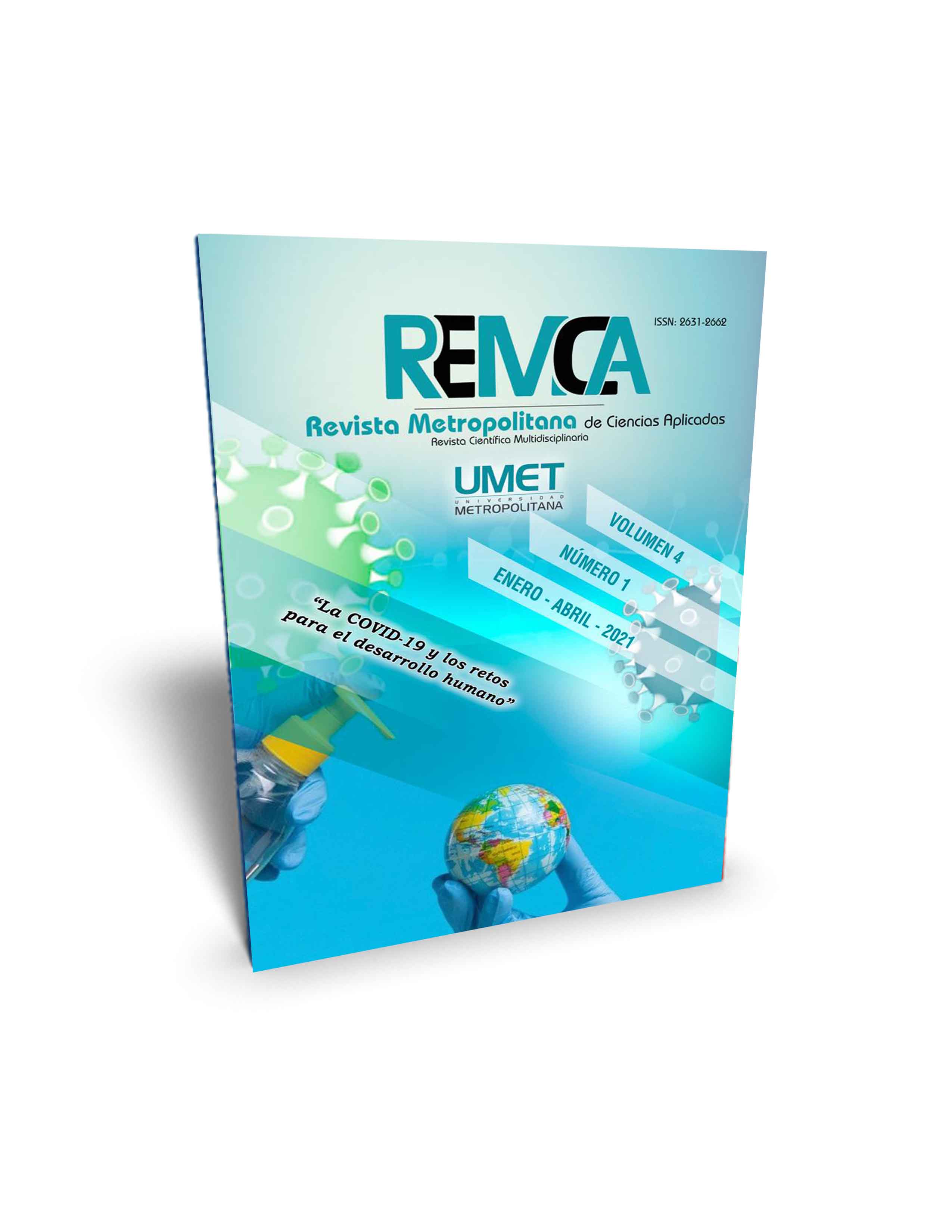Educational pills: collection of automated tools for its development
DOI:
https://doi.org/10.62452/dsa2h832Keywords:
Educational pill, knowledge capsule, microlearningAbstract
Educational pills for the presentation of short learning lessons have been shown to help students to better retain information, motivate, and perform on assessments that follow this learning. One of the steps of the instructional design proposed by methodologies for this development, associates the production of short lessons in an entertaining and creative way with the use of Information and Communication Technologies (ICT). Thus, there are multiple technological resources supported by web platforms that provide editing, production, downloading and socialization facilities. This reference work aims to characterize a collection of web platforms available for editing interactive videos, so that they can be used in the development of educational pills that are inserted as learning objects in the virtual training platform of the Metropolitan University or in other content socialization spaces such as YouTube. Eight automated tools are analyzed, their fundamental characteristics and possibilities of use according to their payment plans. A development scheme is proposed for PowToon, whose working environment is in accordance with the anticipated needs for the production of educational pills in the subject Constitutional Law II.
Downloads
References
Animaker. (18 de 03 de 2020). Sitio oficial de Animaker. https://www.animaker.es/
Eines, M., Aranda, N., & Amilivia, L. (2018). Las Píldoras de Contenidos. Revista Iberoamericana de Tecnología en Educación y Educación en Tecnología, 21, 15-23.
Freeman, L. (2016). Microlearning, a video series: A sequence of videos exploring the definition, affordances, and history of microlearning. University of Texas.
Giurgiu, L. (2017). Microlearning an Evolving Elearning Trend. Scientific Bulletin, 22(1), 18-23.
Gona, M., Karsan, W., & Sarkhell, S. (2018). The Effectiveness of microlearning to improve students’ learning ability. International Journal of Educational Research Review, 3(3), 32-38.
Luesma, M., Cantanero, I., Artal, J., & Abadía, A. (2019). Píldoras educativas en la docencia de Anatomía e Histología Ocular. Experiencia de transferibilidad. V Congreso Internacional sobre Aprendizaje, Innovación y Competitividad (CINAIC 2019).Madrid, España.
Luminita, G. (2017). Microlearning an evolving elearning trend. Scientific Bulletin, 22(1), 18-22.
Moovly. (2020). Sitio oficial de Moovly. https://www.moovly.com/
MySimpleShow. (2020). Sitio oficial de MySimpleShow. https://www.mysimpleshow.com/
Powtoon. (2020). Sitio oficial de Powtoon. Obtenido de Powtoon: https://www.powtoon.com/
RawShorts. (2020). Sitio oficial de RawShorts. https://www.rawshorts.com/
RenderForest. (2020). Sitio oficial de RenderForest. https://www.renderforest.com/
Sande Mayo, M. J. (2014). Una medicina para el conocimiento. Las "píldoras educativas" como recurso en la docencia del Derecho procesal. REDUCA - Serie Derecho Procesal, 5(1), 388-398.
Serrano, E., Rodríguez, M., & Russo, C. (2016). Píldoras educativas como instrumento de enseñanza universitaria. Taller de Articulación e Introducción a los Estudios Superiores (TAIES). Buenos Aires, Argentina.
VideoScribe. (2020). Sitio oficial de VideoScribe. https://www.videoscribe.co/en
Vyond. (2020). Sitio oficial de Vyond. https://www.vyond.com/
Wideo. (2020). Sitio oficial de Wideo. https://www.wideo.co/
Downloads
Published
Issue
Section
License
Copyright (c) 2021 Yeriny del Carmen Conopoima Moreno, Gheisa Lucia Ferreira Lorenzo, Franklin Eduardo Baque Chiquito, Ginger Elizabeth Álvarez Marquez (Autor/a)

This work is licensed under a Creative Commons Attribution-NonCommercial-ShareAlike 4.0 International License.
Authors who publish in Revista Metropolitana de Ciencias Aplicadas (REMCA), agree to the following terms:
1. Copyright
Authors retain unrestricted copyright to their work. Authors grant the journal the right of first publication. To this end, they assign the journal non-exclusive exploitation rights (reproduction, distribution, public communication, and transformation). Authors may enter into additional agreements for the non-exclusive distribution of the version of the work published in the journal, provided that acknowledgment of its initial publication in this journal is given.
© The authors.
2. License
The articles are published in the journal under the Creative Commons Attribution-NonCommercial-ShareAlike 4.0 International License (CC BY-NC-SA 4.0). The terms can be found at: https://creativecommons.org/licenses/by-nc-sa/4.0/deed.en
This license allows:
- Sharing: Copying and redistributing the material in any medium or format.
- Adapting: Remixing, transforming, and building upon the material.
Under the following terms:
- Attribution: You must give appropriate credit, provide a link to the license, and indicate if any changes were made. You may do this in any reasonable manner, but not in any way that suggests the licensor endorses or sponsors your use.
- NonCommercial: You may not use the material for commercial purposes.
- ShareAlike: If you remix, transform, or build upon the material, you must distribute your creation under the same license as the original work.
There are no additional restrictions. You may not apply legal terms or technological measures that legally restrict others from doing anything the license permits.




